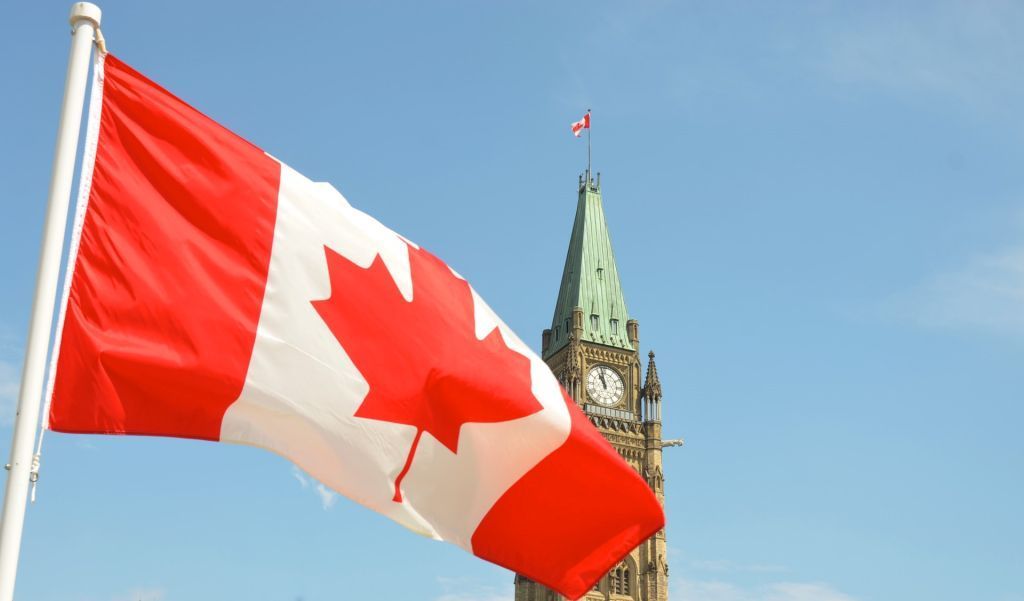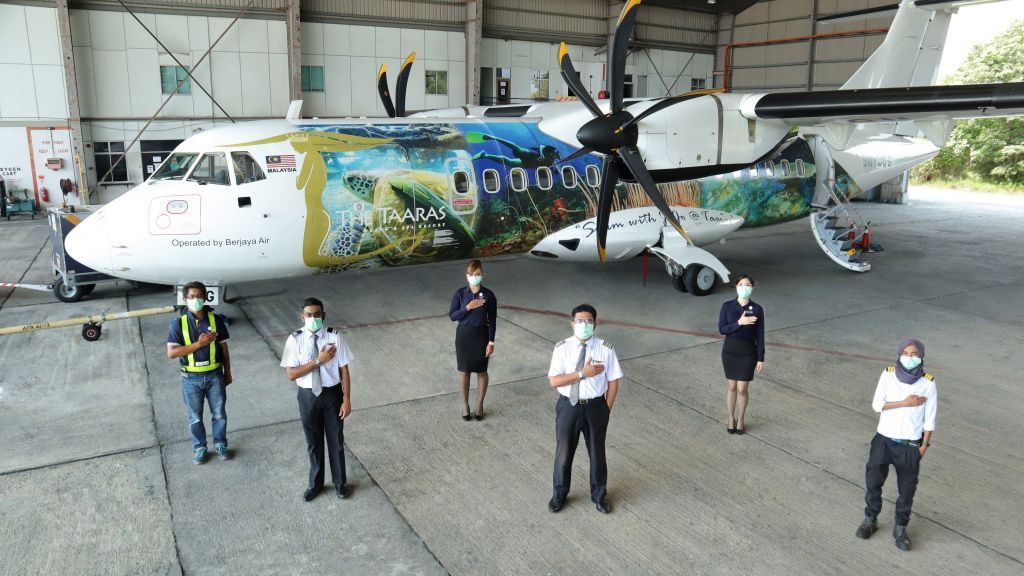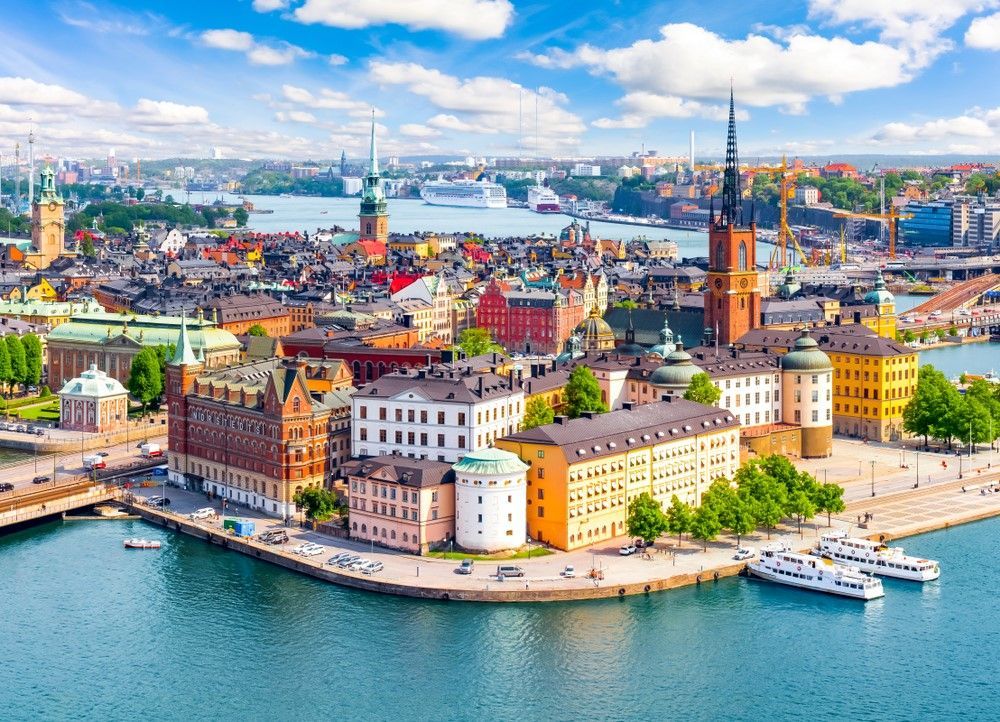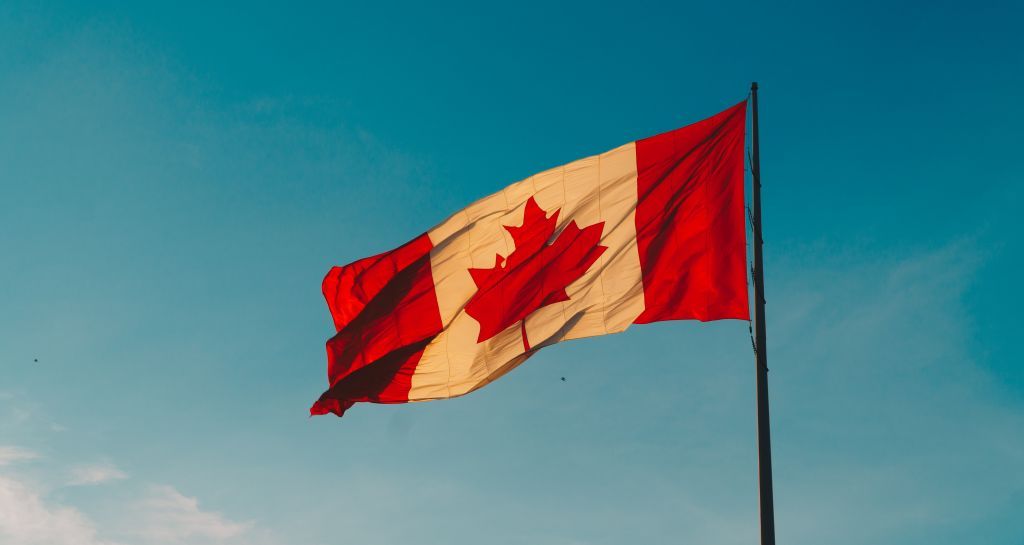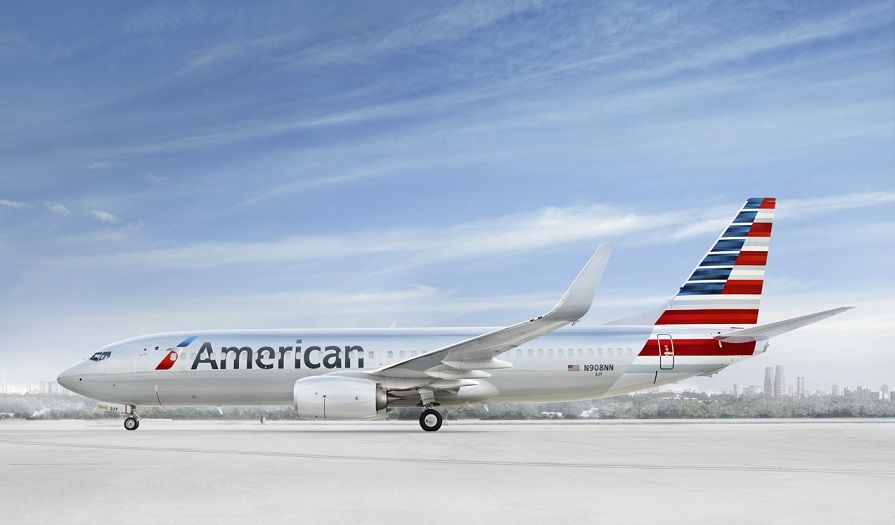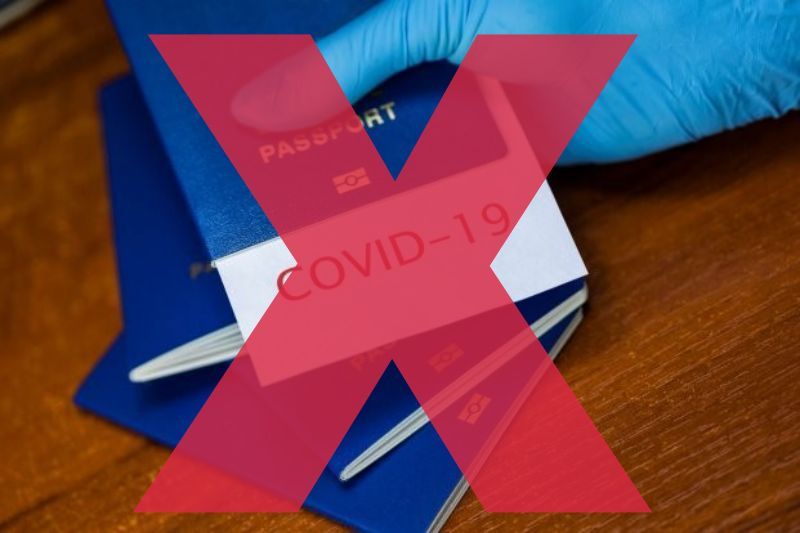The Government of Canada announced a series of adjustments to the current border measures, representing the beginning of a phased easing of travel restrictions.
As the latest wave of COVID-19 driven by the Omicron variant has passed its peak in Canada, it is now time to move towards a more sustainable approach to long-term management of COVID-19, says Public Health Agency of Canada.
The Government of Canada said that the ability of the country to transition to a new phase at the border is a result of the actions of tens of millions of Canadians across the country who followed public health measures, including getting themselves and their families vaccinated.
As of February 28, 2022 at 12:01 a.m. EST:
- Canada will be easing the on-arrival testing for fully-vaccinated travelers. This means that travelers arriving to Canada from any country, who qualify as fully vaccinated, will be randomly selected for arrival testing. Travelers selected will also no longer be required to quarantine while awaiting their test result.
- Children under 12 years old, traveling with fully vaccinated adults, will continue to be exempt from quarantine, without any prescribed conditions limiting their activities. This means, for example, they no longer need to wait 14 days before attending school, camp or daycare.
- Unvaccinated travelers will continue to be required to test on arrival, on Day 8 and quarantine for 14 days. Unvaccinated foreign nationals will not be permitted to enter Canada unless they meet one of the few exemptions.
- Travelers will now have the option of using a COVID-19 rapid antigen test result (taken the day prior to their scheduled flight or arrival at the land border or marine port of entry) or a molecular test result (taken no more than 72 hours before their scheduled flight or arrival at the land border or marine port of entry) to meet pre-entry requirements. Taking a rapid antigen test at home is not sufficient to meet the pre-entry requirement – it must be authorized by the country in which it was purchased and must be administered by a laboratory, healthcare entity or telehealth service.
- The Government of Canada will adjust its Travel Health Notice from a Level 3 to a Level 2. This means that the Government will no longer recommend that Canadians avoid travel for non-essential purposes.
- Travelers should understand the risks that are still associated with international travel given the high incidence of Omicron, and take necessary precautions.
- On February 28, 2022 at 16:00 EST, Transport Canada’s Notice to Airmen (NOTAM) that restricts where international passenger flights can arrive in Canada will expire. This means that international flights carrying passengers will be permitted to land at all remaining Canadian airports that are designated by the Canada Border Services Agency to receive international passenger flights.
“For two years now, our government’s actions in the fight against COVID-19 have been based on prudence and science. Today’s announcements are a reflection of the progress we have made against this current Omicron variant. The return to mandatory random testing of all vaccinated travelers will facilitate travel for Canadians all while helping our public health authorities to detect future changes in COVID-19 importation rates and variants of concern. As we have said all along, Canada’s border measures will remain flexible and adaptable, for potential future scenarios,” said Jean-Yves Duclos, Minister of Health.
“The measures we are announcing today are possible in part because Canadians have stepped up, rolled up their sleeves and gotten vaccinated. These measures will allow vaccinated Canadians to once again reunite with family and friends and reap the economic benefit that travel provides. We will continue to evaluate our measures and will not hesitate to make necessary adjustments to keep Canadians and our transportation system safe,” said Omar Alghabra, Minister of Transport.
“We are committed to a safe reopening; one that provides predictability, flexibility and shows the world that Canada is one of the safest places to travel. Travel is safe and will continue to be safe in Canada. Thank you to the tourism industry that has been a leader around the world in ensuring the safety of travelers while weathering one of the most challenging economic crisis. Let me be clear that the Canadian economy will not fully recover until our tourism sector recovers and today’s measures will help us safely welcome visitors to Canada,” added Randy Boissonnault, Minister of Tourism and Associate Minister of Finance.
“Global Business Travel Association Canada welcomes today’s announcement from the Canadian government to ease international restrictions as positive news. Reducing Canada’s travel advisory, eliminating the need for molecular testing prior to entry, opening more airports to international travel and eliminating the need to quarantine bring us closer to normal than ever before,” said Nancy Tudorache, Regional Vice President, Canada of GBTA.
Tudorache added, “It is important however, that the government also commit to align any future travel restrictions due to possible future variants, with international best practices so that Canadians that want to do business abroad, and those that want to come and do business in Canada, can do so in a predictable manner that supports our overall economic recovery.”
Travelers should check if they are eligible to enter Canada and meet all entry requirements before heading to the border.
According to GBTA Canada data, the pandemic and associated travel restrictions at the height of the pandemic, resulted in nearly a 90% decrease in business travel that negatively impacted 600,000 jobs and reduced spending in Canada by $2.9 billion (CAD) per month.

